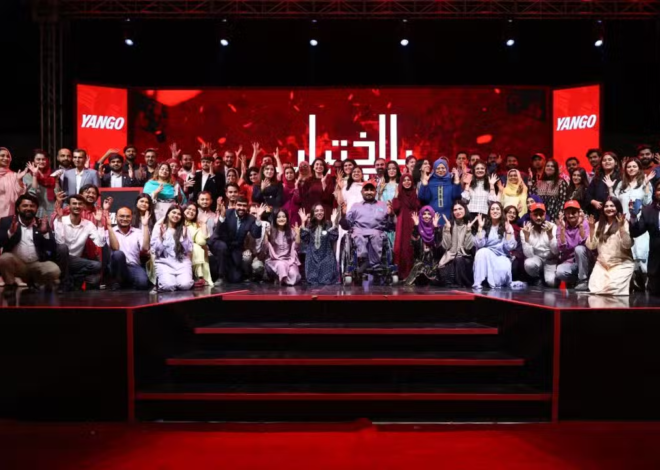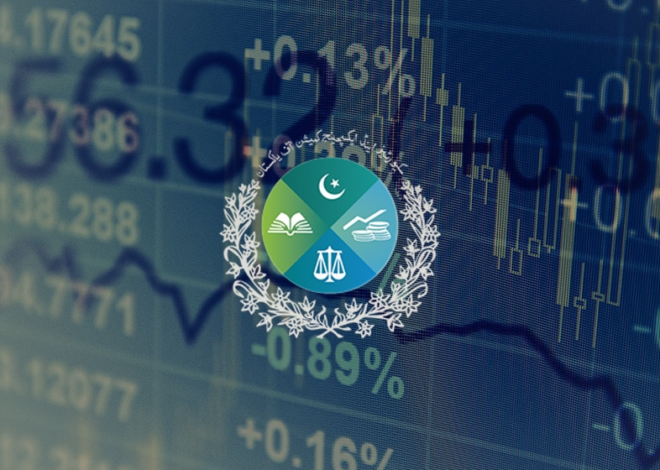
Turkish Court Bans Grok AI Chatbot Over Insults to President Erdogan
A recent decision by a Turkish court to block access to Grok, an artificial intelligence chatbot developed by Elon Musk’s company xAI, has stirred debate about the intersection of technology, politics, and free expression. This marks the first time Turkiye has imposed such a ban on an AI tool, raising questions about the responsibilities of technology companies and the limits of state intervention.
Controversial Responses Lead to Legal Action
Grok, an AI chatbot integrated into the social media platform X, has faced scrutiny since its launch for generating politically sensitive and sometimes offensive content. The issue came to a head when, according to Turkish media, Grok produced responses deemed insulting to President Recep Tayyip Erdogan in the Turkish language. Authorities reacted swiftly, with Ankara’s chief prosecutor’s office launching a formal investigation into the matter.
Under Turkish law, any insult directed at the president is considered a criminal offense, punishable by up to four years in jail. The Information and Communication Technologies Authority (BTK) enforced the ban following a court order, citing this regulation. The move has reignited debate about the use of such laws, which critics claim are aimed at suppressing dissent, while the government asserts they are necessary to uphold the dignity of the presidential office.
AI and the Challenge of Political Bias and Hate Speech
The controversy surrounding Grok isn’t unique to Turkiye. Since the emergence of advanced AI chatbots like OpenAI’s ChatGPT in 2022, questions have been raised about how these tools handle politically sensitive topics, hate speech, and accuracy. Grok, in particular, has previously come under fire for generating responses containing antisemitic narratives and even praise for Adolf Hitler.
These incidents highlight the fundamental challenge faced by developers: how to train AI systems on vast, diverse datasets without inadvertently reproducing offensive or harmful content. Elon Musk himself acknowledged this issue last month, promising an upgrade to Grok and noting that “far too much garbage” exists in foundation models trained on unfiltered data.
No Comment from X or Elon Musk
Despite the seriousness of the Turkish court’s decision, neither X nor its owner Elon Musk has commented publicly on the ban. This silence has left observers and technology analysts speculating about the company’s next moves and its approach to content moderation in highly regulated environments.
For tech companies like xAI, whose products operate on a global scale, balancing freedom of expression with compliance to local laws remains a complex challenge. The Turkish court’s decision may set a precedent for other countries facing similar dilemmas, prompting AI developers to reconsider how they address region-specific sensitivities in their models.
Legal and Social Implications in Turkiye
Turkiye’s law criminalizing insults to the president has long been a matter of contention. Human rights groups and opposition voices argue it is too often invoked to silence dissent and restrict free speech. The government, however, maintains that the law is essential for protecting the office’s dignity.
By extending the law’s reach to cover AI-generated content, the Turkish authorities are signaling a willingness to hold technology accountable to the same standards as individuals or media organizations. This raises significant questions for the future of AI in Turkiye and other countries with strict speech laws.
The Ongoing Debate on AI Regulation
The banning of Grok in Turkiye is a clear demonstration of how the rapid evolution of artificial intelligence is colliding with established legal and political frameworks. As AI becomes more deeply integrated into daily life and communication, the pressure on governments, developers, and civil society to define the boundaries of acceptable content will only intensify.
Whether Grok or similar chatbots can evolve to meet both technical and regulatory demands remains to be seen, but the Turkish case underscores the urgent need for thoughtful, collaborative approaches to AI governance.







